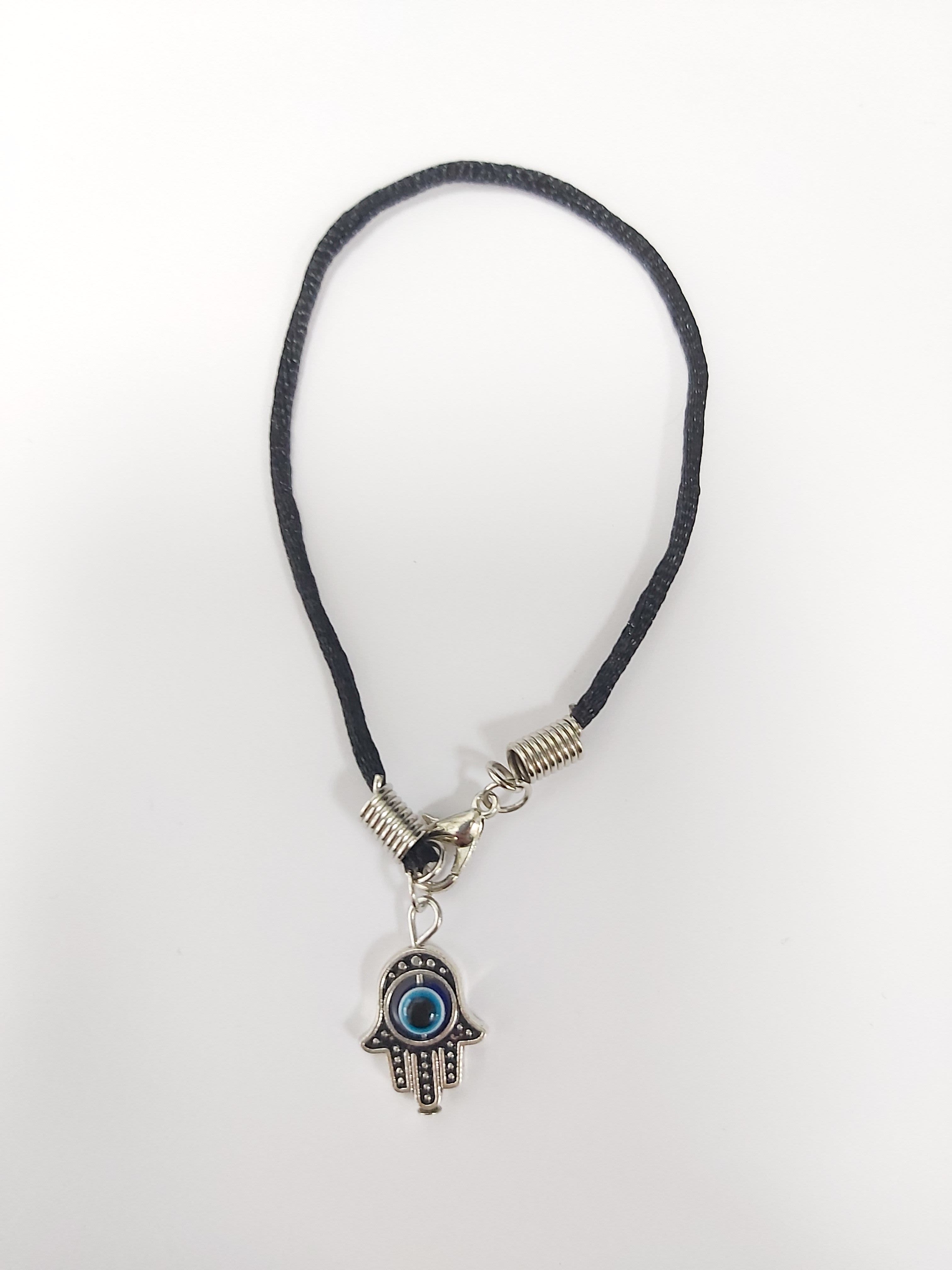
Debt and Interest
When a person borrows money, the Divine Abundance that was supposed to be his is transferred to the lender, and the one who borrowed is left with nothing.

The Garden of Bliss, Part 7
Feelings of resentment and grudges that are held against a person are the main cause of that person's trials and tribulations. When a person owes money and does not repay his loans on time, he causes other people much suffering. As a result, people resent him and hold a grudge against him. These grudges and resentments are the cause of that person's continual failure. It's as if all the doors are closed to him, and as a result he is unable to free himself from the bonds of debt.
Why do resentments and grudges held against a person have such a negative effect? The Heavenly Tribunal is extremely particular when it comes to how a person acts with his fellowman. Therefore, if a person causes another person suffering, he is not forgiven from Above until he is forgiven by the person whom he has harmed.
Loss of Divine Abundance
Rebbe Natan of Breslev writes (Likutei Halachot, Yora Dea, Laws of interest) that when a person borrows money, all the Divine Abundance that was supposed to be his is transferred to the person who lent him the money, and the borrower is left with nothing.
The borrower becomes, to a certain extent, the lender's slave, as is written, "A borrower is enslaved to the lender." Since everything that a slave possesses belongs to his master, it is impossible for a slave to have any independent property or savings. A slave is his master's property; therefore his belongings are also his master's property. A person who owes money is, to a certain extent, enslaved to the person who lent him that money. Therefore, all his Heavenly bounty is transferred to his master, the person who lent him the money.
Blocks Repentance
To understand the gravity of being in debt, let's take look at what it says in Sefer Hamidot about the mitzvah of repentance: "One who desires to repent should be careful not to fall into debt."
Being in debt prevents a person from doing teshuva, repenting to God. When a person is in debt, his teshuva is not accepted until he repays his debts.
The main reason for a person's suffering in this world is because his repentance is not accepted Above. When a person goes into debt because he is unwilling to make do with what God as granted him, he is prevented from fulfilling his purpose in this world and brings upon himself tremendous suffering, God forbid, in both this world and the World to Come.
The Prohibition of Interest
It is forbidden for a Jew to lend money with interest to another Jew, and it is forbidden for a Jew to borrow money with interest from another Jew. When a Jew grants an interest-free loan to another Jew, it is considered as if he has fulfilled kept all the mitzvot (Medrash Rabba 31).
In tractate Baba Metzia (pg. 71) it states, "Anyone who lends with interest, his properties devaluate without recovering their value."
In the Shulchan Aruch (Yoreh Deah, simon 150) it states, "One must be very careful concerning interest, as it involves several negative commandments, and anyone who borrows with interest, signs on a loan that includes interest and/or acts as a witness for a loan that includes interest, transgresses this negative commandment."
It doesn't matter who is lending the money –- a close family member, one's father, grandfather, best friend, employer, organization etc., anyone who either borrows money from another Jew and repays the loan with interest, or lends money to another Jew and takes interest on the loan –- except for loans made with a "heter iska" a legal contract whereby the two parties become business partners –- is transgressing a Torah prohibition.
We should not take lightly the transgression of loaning money with interest to another Jew or paying back a loan with interest to another Jew. As long as a person owes money with interest — until he repays that debt in full — he is transgressing a Torah prohibition, and that, of course brings upon him severe Heavenly judgment.
There's a Solution!
Up until now, we've discussed the negative effects of being in debt. But before we can begin repaying our old debts, we must concern ourselves with the present and the future. To stop the situation from deteriorating, we must make sure that in the future we will not borrow any more money.
If, for example, a person is ill as a result of eating spoiled food, he must first stop eating the spoiled food before treating the illness. As long as he continues gorging himself on spoiled food, no medicine in the world will help him. Similarly, a person who is in debt must first stop whatever it is that caused him to go into debt in the first place. Only then will he be able to pull himself out of debt and repair the damage that was brought about through his being in debt.
So what's the first step?
Make an accounting of your family's expenses, and then check to see if your income covers the expenses. If not, it is imperative to find an additional source of income, so that your income is slightly larger than your basic expenses. By living within your income, you will not need to take out additional loans and will slowly but surely repay your debts. Eventually, God willing, you will see the light at the end of the tunnel.
Even if you are very heavily in debt and it appears that you will need a miracle to be able to get out of debt, through living within your means you will not increase your debts. If you work hard and follow our advice, with God's help you will eventually succeed in repaying your debts. You will go from slavery to freedom!













Tell us what you think!
Thank you for your comment!
It will be published after approval by the Editor.